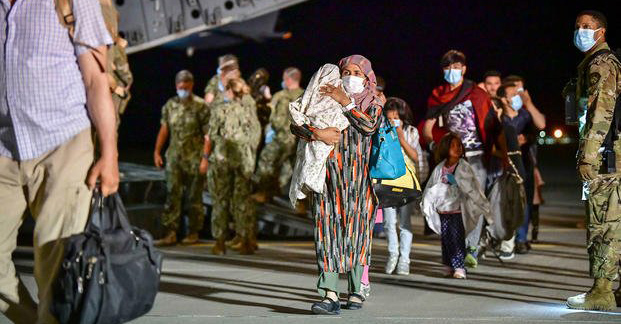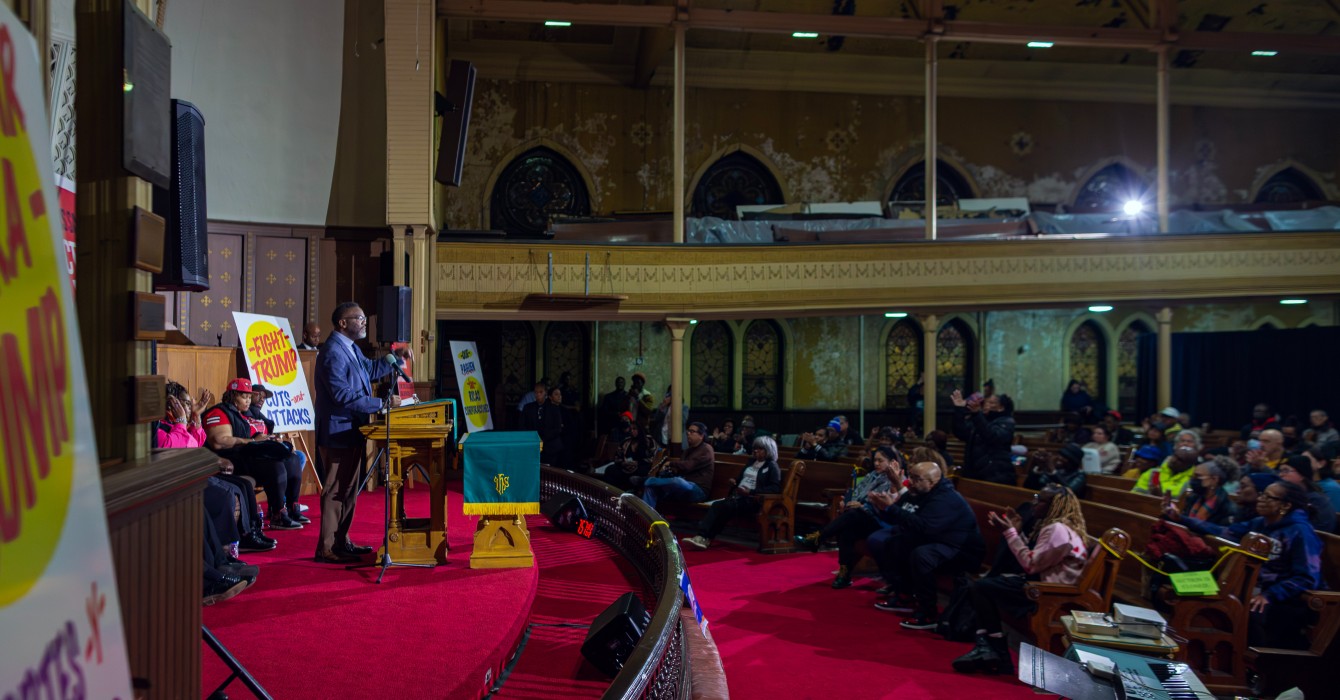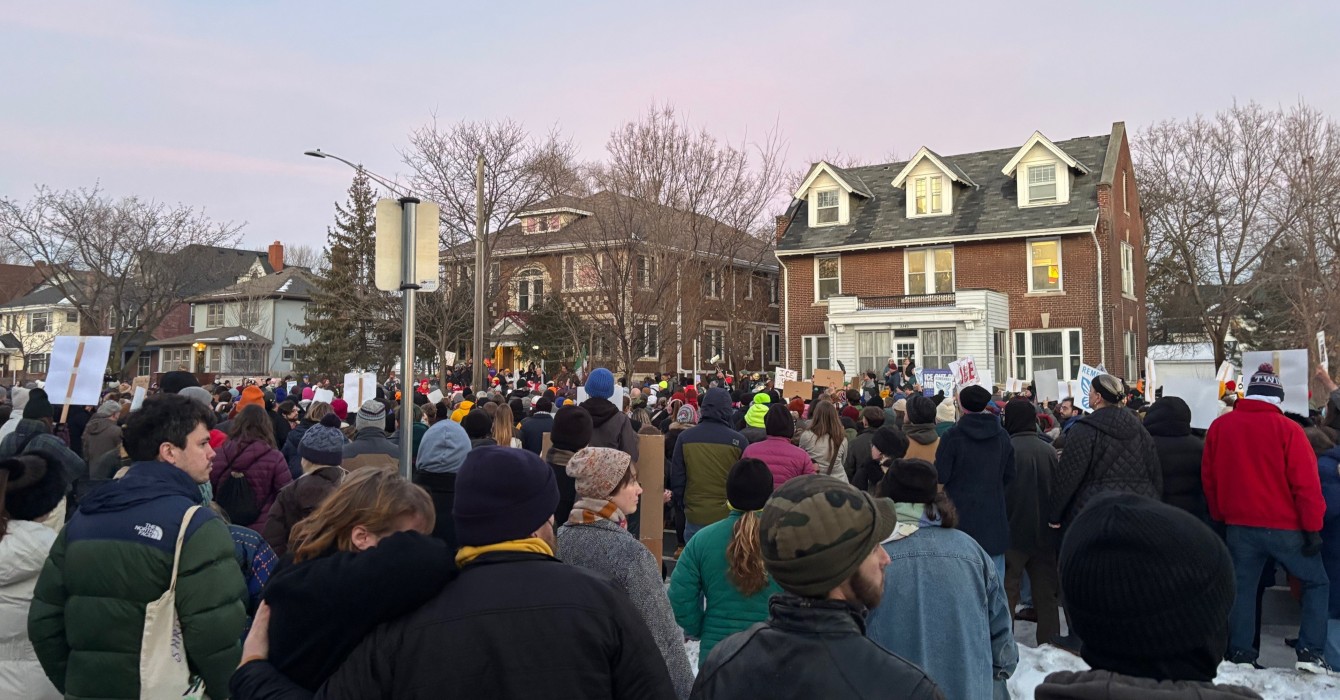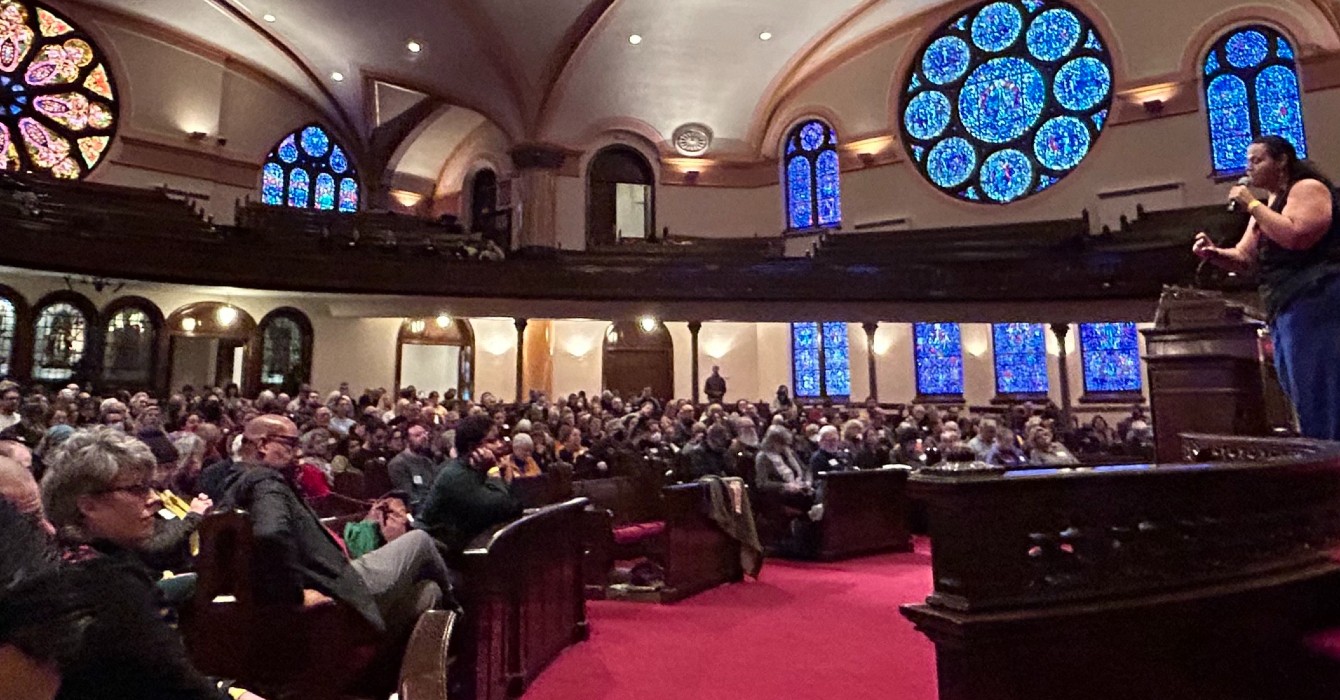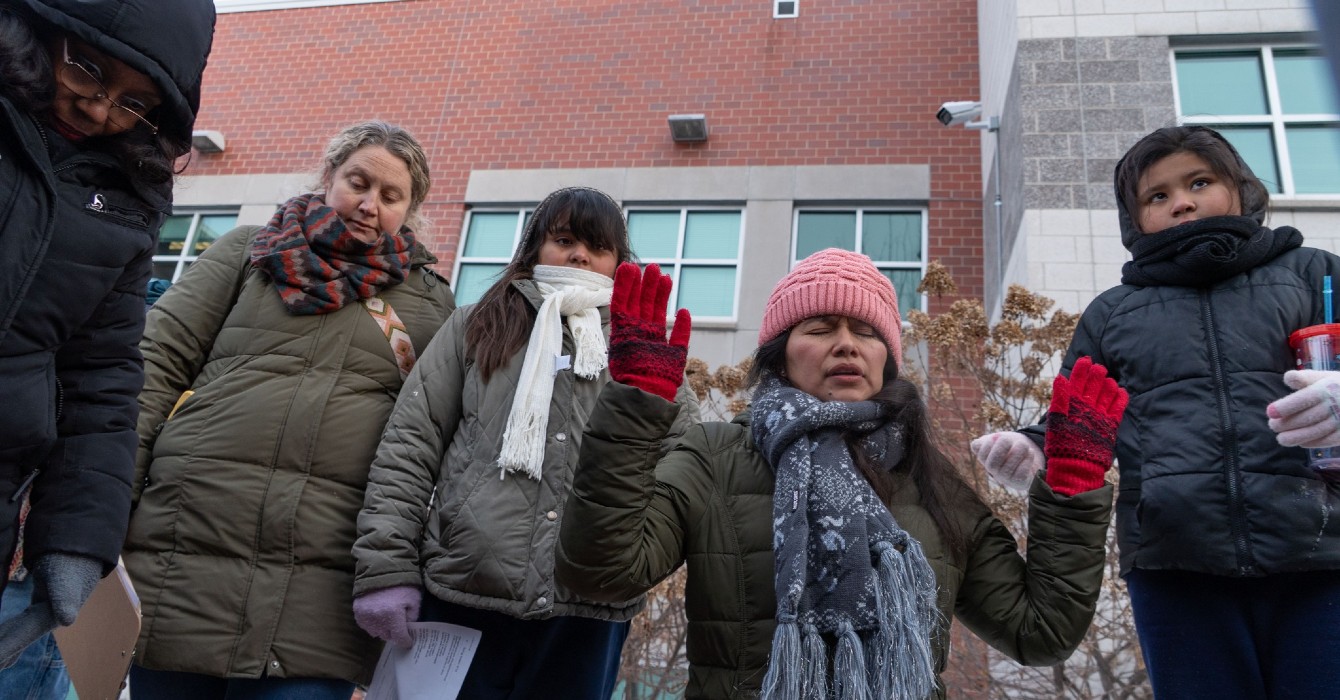“We want to help.” That’s the response from congregations across the country as the more than 50,000 Afghan refugees expected by the Department of Homeland Security begin to resettle in the U.S.
Interviews with two organizations involved in resettlement efforts — Episcopal Migration Ministries and HIAS — emphasized these do’s and don’ts for volunteers.
DO
DO have patience. With offers of help pouring in, organizations are still setting up systems to coordinate volunteers, match services with refugees and manage donations. It may take some time for them to reply to congregations or individuals offering aid.
DO show humility. These new arrivals will have suffered trauma, whether from losing loved ones, fleeing their homes or enduring a long trip to a new country. Let them know that you’re there for them and will help them get what they need.
DO treat them as individuals. Honor their individual needs during a very difficult time. Some recently arrived people may not want to talk beyond the necessary information they must provide. Others may be more social and open.
DO respect boundaries. Refugees need to be who they are even as they receive the services and assistance congregations can give. Make room for their own ways of showing gratitude while giving their families the space they need to adjust.
DO treat them with sensitivity. Afghan refugees have fled their homes, many with no family keepsakes or precious mementos to provide a tangible connection to the past. Be sensitive to their loss.
DO build relationships. Making those immediate connections shows the refugees you’re there for them. Understand that some folks may take you up on an invitation to a community event and others may not. Relationships manifest themselves in different ways.
DO call them Afghans. They are not Arabs and are not from the Middle East. Afghanistan is in South Central Asia.
DO maximize impact. Consider your congregation’s particular skills, matching volunteers with the places they’re needed most. One organization might be able to use an immigration attorney’s expertise, for example, while another might not.
DON’T
DO NOT donate items without checking first. Items sent to an organization that hasn’t requested them may be inappropriate, unusable, or costly to transport or store, greatly complicating the relief effort. Check with relief groups before sending any in-kind donations.
DO NOT confuse refugees with immigrants. Refugees are forced from their homes because they fear persecution; migrants choose to leave.
DO NOT try to convert people. Don’t impose your faith on someone else, and don't proselytize. You’re volunteering because of your faith, not because of theirs.
DO NOT use the term ‘adoption.’ Your ministry is not adopting a family but is supporting individuals and welcoming them as neighbors. They have families; they don’t need adoption. They need support as they acclimate and then integrate into our communities.
DO NOT impose or overstep. Refugees arrive with stories, but as much as volunteers might want to hear those stories or even share them with others, such decisions are up to the refugees themselves. Don’t press people for information, and if they share it, don’t pass it along without their permission.
DO NOT judge. Some congregations assisting in refugee resettlement may disagree with decisions refugees make. These new arrivals should have the same freedoms we have, which includes the freedom to make decisions and to make mistakes.
DO NOT presume their feelings. Refugees have been forced from their home country; don’t assume they are happy to have left.
DO NOT discount concerns about housing. Yes, they’re grateful for help, but refugees want their families to be safe, especially because they are coming from places that were not. Don’t assume they’ll live just anywhere; they will have questions about the neighborhoods they’re moving into.
DO NOT be a savior. Give them what they need, not what you think they need. Volunteering is not about you.


